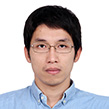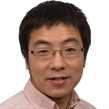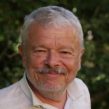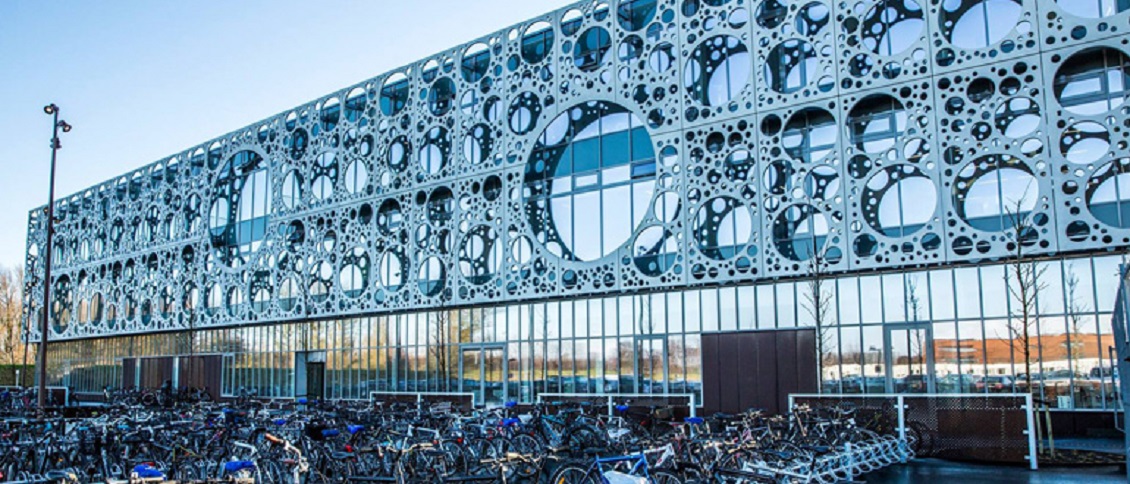| Program | Tuesday 25 September 2018, 16.00-18.00 |
| 16.00-16.05 | Welcome by Arne Wangel, DDRN: Rationale and key issues in the DDRN research communication project |
| 16.05-16.20 | Morten Birkved, Prof., SDU Life Cycle Engineering, Department of Chemical Eng., Biotechnology and Environmental Tech.: Building capacity for LCA in Tanzania: Lessons learnt from the DANIDA funded program Building Stronger Universities in Developing Countries |
| 16.20-16.40 | Priscila De Morais Lima, external PhD student, SDU Life Cycle Engineering, Department of Chemical Eng., Biotechnology and Environmental Tech.: Solid waste management in Brazil |
| 16.40-16.55 | Zhi Cao, Postdoc, Research Assistant, Ph.D., SDU Life Cycle Engineering, Department of Chemical Eng., Biotechnology and Environmental Tech.: CO2 emissions from cement industry in China: A bottom-up estimation from factory to regional and national levels |
| 16.55-17.05 | Break with refreshments |
| 17.05-17.25 | Gang Liu, Prof., SDU Life Cycle Engineering, Department of Chemical Eng., Biotechnology and Environmental Tech.: South-North knowledge exchange: The experience of research and education collaboration with China |
| 17.25-17.55 | Panel discussion:
Brief introduction by each panellist: Morten Birkved; Priscila De Morais Lima; Zhi Cao and Gang Liu, followed by comments and questions from the audience |
| 17.55-18.00 | Closing remarks by Morten Birkved |





As part of a research communication project focusing on South researchers in Denmark, DDRN organises a public seminar in each of the five university cities 2018-19. The objective of the seminars is two-fold:
- To communicate research findings by a South researcher (PhD or Postdoc) currently working at a Danish university
- To discuss challenges and outcomes in South-North research cooperation; a panel comprising the South researcher, faculty staff, and other stakeholders will initiate the discussion and invite the audience to comment
Presentations and key points from the discussion will be published on DDRN.dk. The research communication project is funded by the Ministry of Higher Education and Science.


